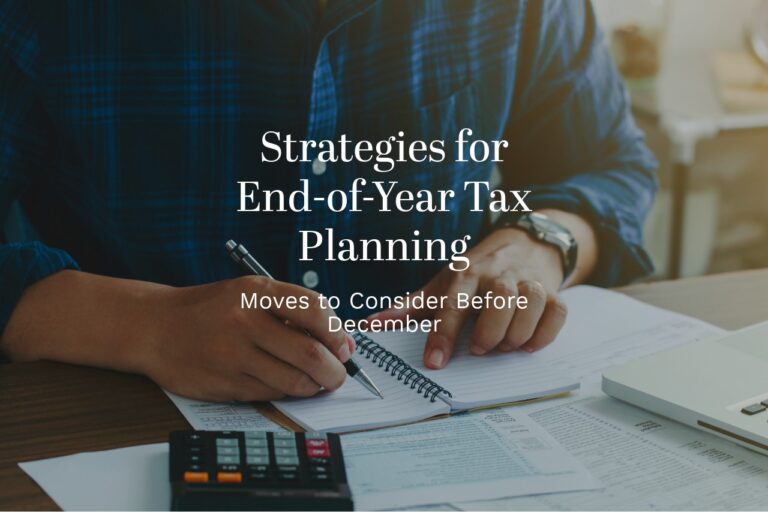Set Practical Goals for Real Progress in 2025
Setting realistic financial goals is a cornerstone of effective money management and future planning. Clear and achievable goals provide a roadmap for your financial journey, allowing you to allocate resources wisely, track your progress, and make informed decisions along the way. While the idea of goal-setting may seem straightforward, the challenge often lies in establishing objectives that are both realistic and motivating. Goals that are too ambitious can lead to frustration and burnout, while those that are too modest may not inspire the effort needed to achieve them. By finding the right balance, you can set yourself up for success and stay motivated throughout the year. Here’s a step-by-step guide to help you define and implement practical financial goals for 2025.
1. Assess Your Current Financial Situation
Before setting any financial goals, it’s important to understand where you currently stand. Take an inventory of your income, expenses, savings, and any existing debt. This initial evaluation will provide a clear picture of your financial landscape and help identify areas that need attention.
2. Prioritize Goals Based on Your Needs and Lifestyle
Financial goals can range from building an emergency fund to saving for a vacation or paying down debt. It’s important to prioritize these objectives by focusing on what aligns with your needs and long-term plans. This can help you direct your efforts toward what matters most, whether it’s achieving short-term stability or making progress on a larger milestone.
3. Set Specific and Measurable Goals
Vague goals can be difficult to track and achieve. For better outcomes, outline specific targets that are quantifiable. For example, rather than setting a goal to “save more,” decide on a specific amount like “save $5,000 by the end of the year.” Measurable S.M.A.R.T. goals offer a clear way to monitor progress and adjust strategies as needed.
4. Break Down Realistic Financial Goals into Smaller Steps
Large financial goals can seem daunting. Breaking them down into smaller, more manageable steps can make them easier to accomplish. For instance, if your goal is to pay off $6,000 in credit card debt over the year, break it down into monthly payments of $500. This approach helps maintain momentum and keeps you motivated throughout the year.
5. Create a Realistic Budget
A budget is essential when planning to reach your realistic financial goals. Design a budget that aligns with your income and incorporates your goal as a non-negotiable expense. Tracking spending habits and identifying areas where expenses can be reduced will help allocate more resources toward your goals.
6. Consider Potential Obstacles
Unexpected expenses can arise, which can impact your ability to meet your goals. Setting aside a small cushion within your budget can help you navigate such disruptions. Preparing for setbacks allows for a more flexible approach to goal-setting, which can contribute to steady progress even when circumstances change.
7. Use Tools to Track Progress
Monitoring progress can keep you on track and motivate you as you see your achievements build up over time. Consider using financial apps or spreadsheets to track your savings, expenses, and other key metrics. Regularly reviewing your progress can help you stay aligned with your objectives and adjust if necessary.
8. Adjust Goals as Needed
Life is unpredictable, and financial goals may need to be adapted as circumstances change. Review your goals regularly to assess whether adjustments are needed based on any new developments in your financial situation. Flexibility can be crucial in staying committed to your overall financial strategy.
9. Celebrate Small Wins
Meeting smaller milestones can provide a sense of accomplishment and keep motivation high. Acknowledging progress along the way can help maintain a positive mindset and encourage continued efforts toward your financial goals.
Start 2025 with Realistic Financial Goals
Setting realistic financial goals is a key part of developing a sound financial plan. By assessing your current situation, creating specific and achievable objectives, and remaining adaptable, you can work toward financial achievements that align with your individual situation. Remember to check in regularly, track your progress, and make adjustments as needed to ensure continued growth throughout the year.
Illuminated Advisors is the original creator of the content shared herein. I have been granted a license in perpetuity to publish this article on my website’s blog and share its contents on social media platforms. I have no right to distribute the articles, or any other content provided to me, or my Firm, by Illuminated Advisors in a printed or otherwise non-digital format. I am not permitted to use the content provided to me or my firm by Illuminated Advisors in videos, audio publications, or in books of any kind.








